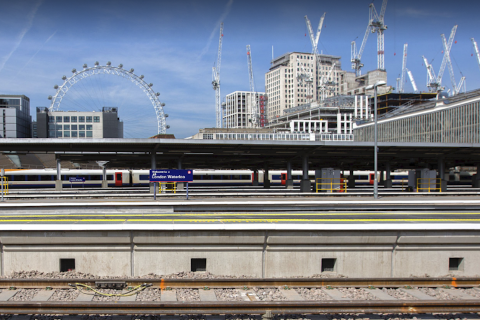Transport for London could be nationalised

UK government bail-outs for Transport for London could soon come to an abrupt end, with the entire integrated transit network taken into public ownership. That’s the stark possibility as the capital’s commuter network continues to make significant losses, and the national government in Westminster grows more reluctant to fund its neighbour at the mayor’s office on the opposite bank of the Thames.
Want to read more?
You have read all of your free premium articles for this month. Please become a subscriber to keep reading.
Subscribe now!
Take advantage of our exclusive offer to get full access to all premium content.





A throwaway article with no real research put into it. Just repeats the same tired government attacks.
Your headline writer needs to know that this is literally the opposite of Nationalisation. It’s pPivatisation.
“London has enjoyed a high-level of integrated and subsidised public transport” It used to until the Conservative government under David Cameron removed those subsidies once the Conservative incumbent was unelected from the Mayors office.
London Transport has been publicly run and managed since 1933 so nationalisation is the wrong term here. What you mean is a coup by the Government to punish London for imagined transgressions